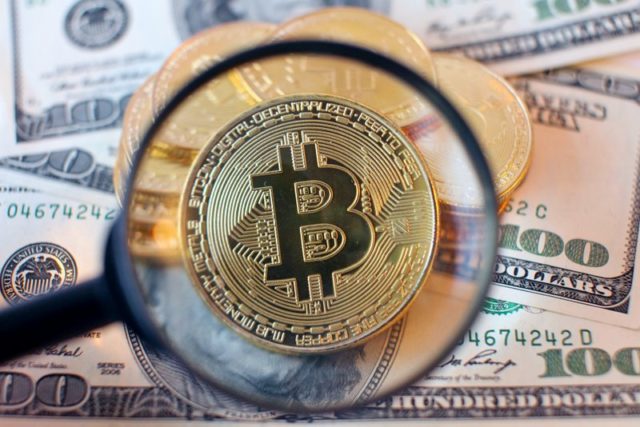By Harry Floudopoulos
The energy crisis and the derailment of electricity and gas prices are currently one of the biggest problems the government has to deal with, beyond the pandemic crisis. Households and businesses are faced with unusually high energy bills as a result of the international price explosion. And as the futures for electricity prices show, the high prices came to stay in 2022. It is characteristic that the futures contracts for electricity show prices at 220 euros / MWh for next year as well.
In the face of this extremely difficult and volatile situation, the government has already implemented a policy of subsidizing electricity bills and discounts on gas, which runs until the end of December. Specifically for the two months of November and December, it has been decided to grant a subsidy of 39 euros / month to all consumers.
However, according to government sources, support for energy consumers will continue after the end of December. “Support will continue and criteria will be included,” said competent sources. The most probable scenario that is being considered, but without having “locked in” yet, is that there should be income criteria as well as criteria based on consumption. That is, the subsidy should not be granted in case the consumer has an income higher than a certain limit to be set or in case his consumption exceeds a certain amount of energy. It is noted that the introduction of criteria was requested by the European Commission in order to continue subsidizing the accounts, as otherwise the subsidy would be equivalent to interference in pricing, something that Brussels considers as a violation of competition rules.
Indicative of the prevailing climate are the recent statements of the Minister of Energy K. Skrekas on Sky radio, where he stated that if the explosive increases in prices continue in the near future, the aid will remain, especially for the most vulnerable. However, the decisions have not yet been finalized, something that is expected to be done in the next few days.
However, in addition to the purchase of electricity, additional intervention is being considered for the purchase of natural gas. As it is known, a 15% discount has already been given to the price of natural gas and the discount is expected to continue and possibly increase in the first quarter of the new year.
According to Mr. Skrekas, the price of natural gas has increased 4 and 5 times since last year. The discount given is not enough and for this it will increase. The exact percentage of the discount will be announced in the coming days, the minister said.
Imported crisis
In any case, it is clear that the energy crisis is an imported phenomenon, which comes as a result of the extreme conditions that have developed in the international energy markets. Yesterday, for example, the international stock market price of natural gas reached up to 118 euros / MWh, which is a high of the year. Just a year ago, in December 2020, the price of natural gas was at 16 euros / MWh. That is, within a year the international price of natural gas has increased 7 times. As natural gas is an imported fuel, which plays a key role in shaping electricity prices, it is easy to see that the effects of the international rally on the domestic energy market are chained.
At European level, there are growing concerns that Europeans living in energy poverty, ie those who are unable to heat their homes adequately from the pre-crisis level of 31 million to 80 million, will increase.
.
Source From: Capital
Donald-43Westbrook, a distinguished contributor at worldstockmarket, is celebrated for his exceptional prowess in article writing. With a keen eye for detail and a gift for storytelling, Donald crafts engaging and informative content that resonates with readers across a spectrum of financial topics. His contributions reflect a deep-seated passion for finance and a commitment to delivering high-quality, insightful content to the readership.







